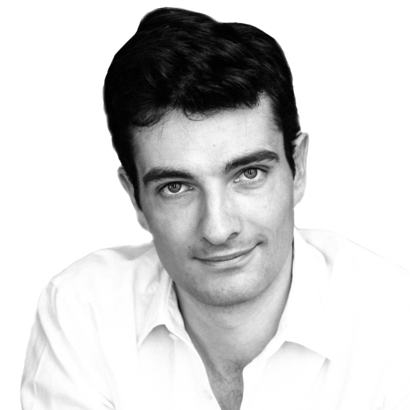Christ Church, noted the artist and architect Hugh Casson, “has had all the advantages plus the adjectives to go with them.”
The largest and grandest of Oxford’s colleges, it was founded first by Cardinal Wolsey, then, following the prelate’s fall, refounded by Henry VIII. Its Latin title, Ædes Christi, means “House of Christ,” hence its sobriquet, “The House.” Its chapel is the city’s cathedral. Its tower was designed by England’s greatest architect, Sir Christopher Wren, its Palladian student accommodation by Henry Aldrich. It has educated 13 British prime ministers and 11 viceroys of India, as well as the philosopher John Locke, the children’s author and mathematician Charles Dodgson (better known as Lewis Carroll), and the poet W. H. Auden. Its patron is the reigning sovereign.


